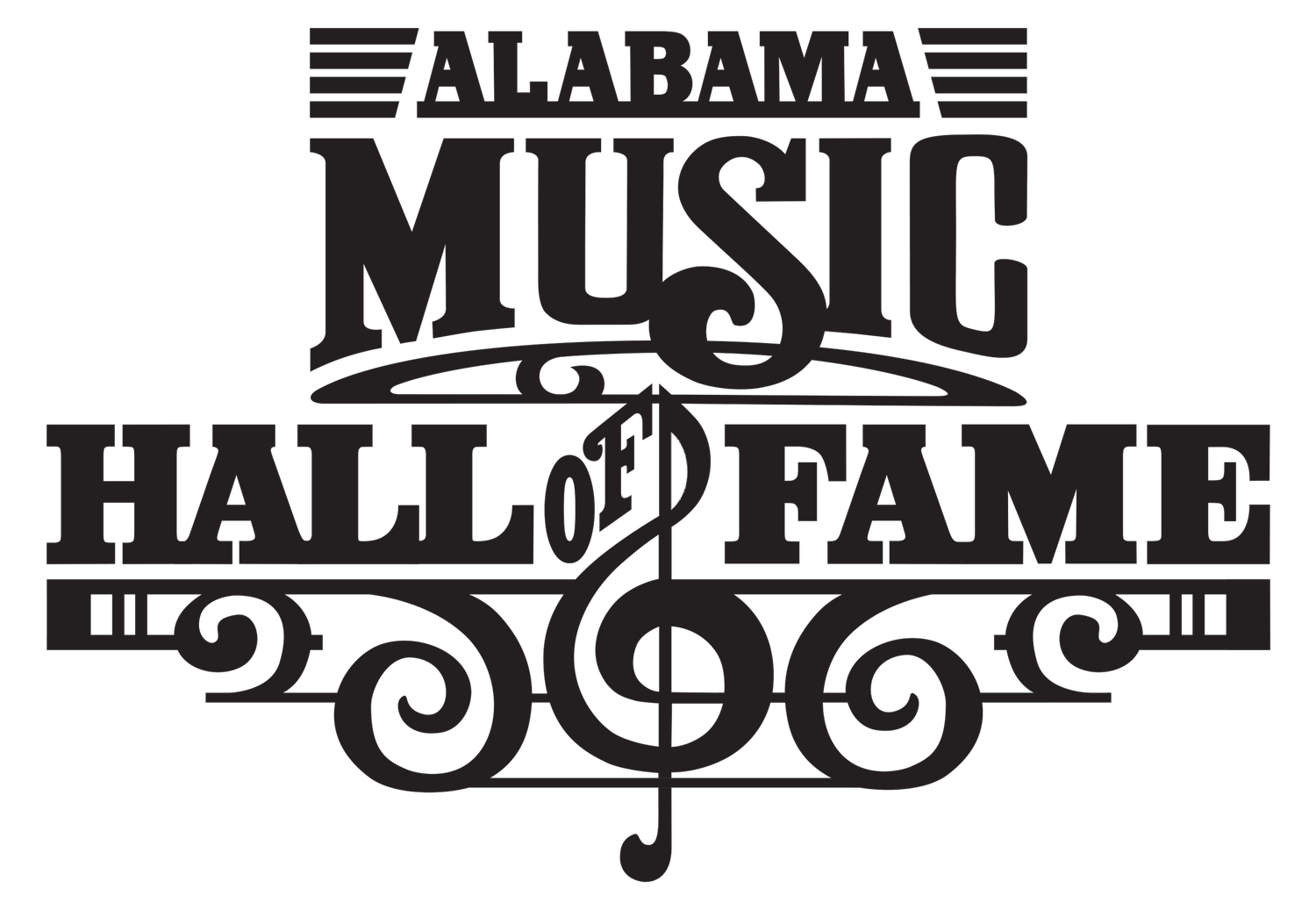Hank Williams
September 17, 1923 - January 1, 1953
1985 Inductee
Legendary singer, songwriter and guitarist Hank Williams had risen to the top ranks of musical stardom by the time he reached the age of 25. Four years later, country music’s most iconic and influential artist was suddenly and unexpectedly dead at the untimely age of 29.
From “Your Cheatin’ Heart” and “Hey, Good Lookin’” to “I Saw the Light” and “I’m So Lonesome I Could Cry,” Williams left behind a timeless collection of American musical standards that transcend their deep roots in country, folk, rural blues and Southern gospel. Embraced by fans of pop, rock and rhythm-and-blues, Williams’ music remains as haunting, heartfelt and emotionally complex as his reckless, troubled and ultimately tragic life.
A native of Mount Olive, Williams was given a guitar by his mother when he was eight years old. A local blues street singer, Rufus “Tee Tot” Payne, became his earliest musical mentor. After Williams’ mother moved his family to Montgomery in 1937, the young singer, songwriter and guitarist formed a band called the Drifting Cowboys. The group began performing on local radio station WSFA in 1941.
Five years later, Williams visited Nashville in hopes of meeting songwriter and publisher Fred Rose, the head of Acuff-Rose Publishing. Rose asked him to record two sessions for Sterling Records, generating the early singles “Never Again” (1946) and “Honky Tonkin’” (1947). Based on their promising success, Williams signed a contract with MGM Records in 1947. His first MGM single, “Move It On Over,” was released later that year and became a Top 5 hit on the national country charts.
By the summer of 1948, Williams had joined the Louisiana Hayride and began appearing on Hayride tours and radio programs. The release of “Honky Tonkin’” and “I’m a Long Gone Daddy” was topped by his cover of the Tin Pan Alley tune “Lovesick Blues,” which climbed to No. 1 on the country charts and crossed over to the pop Top 25 later that year. By the time he sang his new hit record on the Grand Ole Opry – where he performed an unprecedented six encores – Williams had become country music’s hottest new star. He and his Drifting Cowboys began earning $1,000 per concert at sold-out shows across the country.
After “Lovesick Blues,” Williams scored continuous hits with “Wedding Bells,” “Mind Your Own Business,” “My Bucket’s Got a Hole in It,” “Long Gone Lonesome Blues,” “Moanin’ the Blues,” “My Son Calls Another Man Daddy” and “Why Don’t You Love Me (Like You Used to Do)?” He also released spiritual recordings under the name Luke the Drifter.
In 1951, Williams’ hit “Cold Cold Heart” was covered by pop vocalist Tony Bennett. The success of Bennett’s single inspired a stream of successful Williams covers by such mainstream artists as Jo Stafford, Guy Mitchell, Frankie Laine and Teresa Brewer. Williams himself appeared on Perry Como’s television show and embarked on a package tour with Bob Hope, Jack Benny and Minnie Pearl. Meanwhile, his 1951 hits “Hey, Good Lookin,’” “Howlin’ at the Moon” and “I Can’t Help It (If I’m Still In Love With You)” all climbed the charts.
Plagued by drinking and drug problems and a bitter break-up with his wife Audrey , Williams still managed to record the Top 10 hits “Honky Tonk Blues,” “Half As Much,” “Jambalaya,” “Settin’ the Woods on Fire,” “You Win Again” and “I'll Never Get Out of This World Alive.” In August of 1952, he was fired by the Grand Ole Opry for being drunk on stage.
Williams was scheduled to perform a concert in Canton, Ohio, on January 1, 1953. The weather was so bad that he hired a chauffeur to drive him from Nashville to Ohio in his new Cadillac. Before they left, a doctor injected Williams with two shots of vitamin B-12 and morphine and Williams opened a bottle of whiskey for the trip. When the teenaged driver was stopped for speeding in West Virginia, the policeman noticed that Williams looked dead in the back seat. The singer was officially declared dead at 7 a.m. on January 1, 1953.
The last single released in Williams’ lifetime, “I’ll Never Get Out of This World Alive,” reached No. 1 soon after his death. The singer continued to chart posthumous hits throughout 1953, including three of his best-loved classics – “Your Cheatin’ Heart,” “Kaw-Liga” and “Take These Chains from My Heart.” In 1961, he became one of the charter inductees in the Country Music Hall of Fame.


